
Imagine for a moment that you’re back at school and the teacher asks you to come to her desk and read a couple of pages from a book. You walk up to the desk and stare blankly at the pages. Everything is a jumble of symbols and you have no idea what they all mean.
The teacher asks, ‘Didn’t you attend the classes where Mr. Smith taught the alphabet?’
‘No!’, you reply, and the teacher says ‘Well, that’s why you cannot read. I’ll teach you that first.’
After a couple of weeks learning the alphabet, you can read books as well as the other children in the class.
Learning to play piano involves not only the skill of pressing the keys in the correct order to make sounds come from the strings but also learning the ‘alphabet’ of music notation.
Musical notation is a system used to visually represent music through the use of written symbols, including ancient or modern musical symbols.
The musical alphabet comprises Lines, Clefs, Notes & Rests, Breaks, Time signatures, Accidentals & Key signatures, Scales, Note relationships, Dynamics, Articulation marks, Ornaments, Octave signs and Repetition & Codas etc.
They are all used by composers to allow them to communicate what they want you to play when sitting at the piano. They allow the composer to indicate if you should play a note quietly or loudly, or with a long key press or a short one, for example.
Music theory is important not only for piano students but for all musicians as it will give you confidence in you own abilities and put you in a better position for playing your chosen instrument.
Some of the benefits of learning music theory are –
- You will learn to play your instrument more quickly
- It will help you understand rhythm, articulation and character of music
- Your musical language will be much wider and you will be able to interpret any musical style
- Your practical classes will be more enjoyable and entertaining
- You will be able to accompany other instruments and play in a group or band better
- You could learn to compose your own music.
While you could learn to play piano by ear, or the ‘rote & note’ method, understanding music theory will make you a better musician. Taking time to learn theory will open up a whole world of music appreciation that is lost on people who cannot read music.
I have met many musicians who feel empty because they never learned theory. For example, I was in the Jazz Club in Málaga owned by a pianist who played with Charles Aznavour and he invited me to play something. I played a piece from Bach which he thought was wonderful. He went on to explain that he envied me because I could play any piece of music since I had learned theory and he could only play the pieces he already knew.
If you would like to expand your musical knowledge, I run theory classes for students with a maximum of 4 per class on different days of the week. Details on the book online page.
If you would like to take your very first piano lesson or add to your existing piano education, please book a lesson with me today, you can book online.


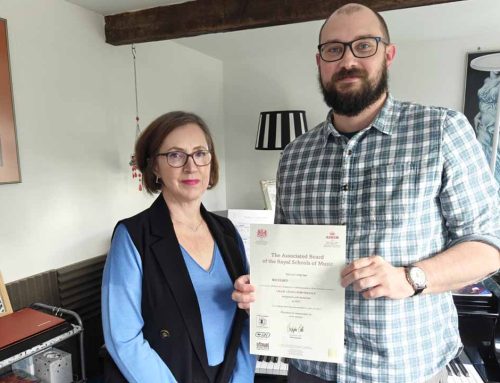
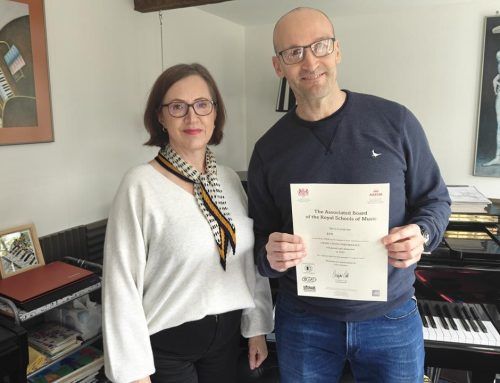
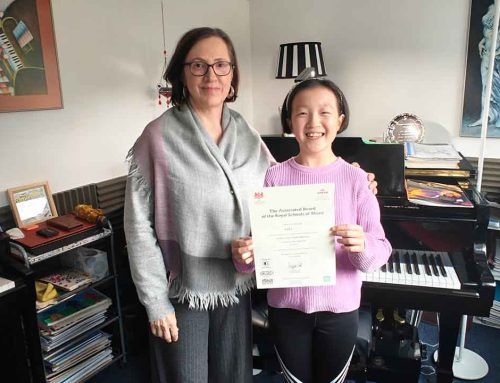
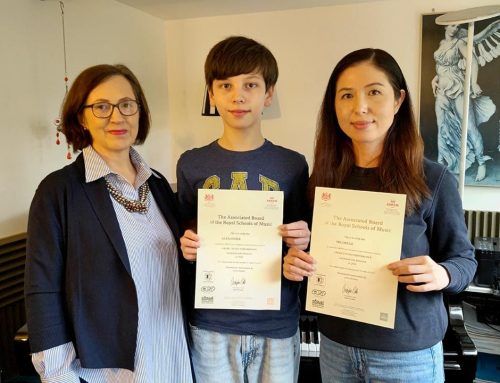
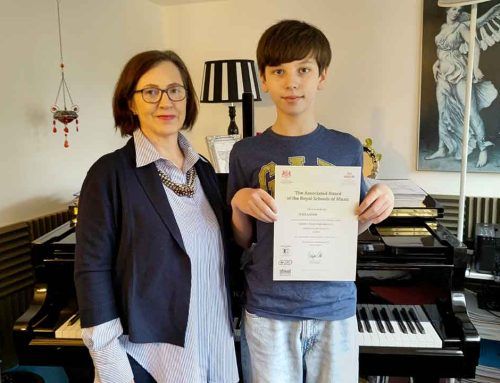
I remember the days of having to go to the teacher’s desk and read to her. I’m sure it would have been a lot less stressful if I’d already learned to read and studied the book before being called forward! I’m sure learning to play piano and theory will be no different. This is good advice.